When will the definitive history of the modern Middle East be written? For 20 years and more, a continent has been torn apart by invasion, upheaval and civil war. It took hundreds of years for balanced histories to be written of the Reformation, European history’s most obviously comparable period. If you want the whole story of the modern Muslim world, written from a dispassionate, God’s-eye view, you may be waiting a long time.
For the moment, more personal accounts will have to suffice, and Conflicted, a series of amiable hour-long conversations between the Middle East expert Thomas Small and former jihadist Aimen Dean, makes a strong case for just this kind of opinionated, idiosyncratic history.
‘There is no one on planet Earth like Aimen Dean,’ says Small. I admit he has a point. As a young man in the 1990s Dean joined Al-Qaeda, swearing loyalty to Osama Bin Laden. After he became disillusioned with the group, he defected to the West, returning to Afghanistan to spend eight years inside the terrorist group as an MI6 double agent. Finally, to use the pair’s recurring phrase, he ‘sunk to his lowest ebb’ and joined the financial sector.
It’s an extraordinary CV, one that gives him a unique perspective on modern history. On 9/11, he had just left a meeting with his MI6 handler when he saw a crowd of people watching television through an Oxford Street shop window. A plume of smoke was pouring from the side of the World Trade Center. He was only half surprised. ‘I was thinking: maybe that’s the one, this is the one we were warned about. But how did they get the bomb all the way up there?’
Over the course of their first season, the two men made an astonishingly good fist of explaining an awful lot, making a generous point of signposting the moments when their views might be considered controversial.
Small is a Greek Orthodox Christian, and Dean is a Salafist Muslim, but the two men are old friends, and their conversation is shot through with fellow feeling. At one point, Dean reveals he has even memorised a section of the Christian gospel in Aramaic. ‘You poster child for ecumenical harmony, you former Al-Qaeda fighter, you,’ laughs Small. It’s lovely to hear. Tolerance would be easy, if we were all this tolerant.
The first episode of the new season aired in early February, focusing on the killing of Qassem Soleimani. Small and Dean have two stern words about Soleimani’s death. Firstly, that the idea of killing Soleimani did not originate with Donald Trump, but with Mike Pompeo, his hawkish Secretary of State. Secondly, they warn us against cheering on regime change. ‘If Iran descends into chaos,’ says Dean, ‘it’s not going to be a revolution, or an overthrow of a regime. It’s going to be another Syria.’
Like so much good radio broadcasting, Conflicted shows us just how interesting it can be to listen to two intelligent people discussing the subject they know best. You’re Booked shows us that in the wrong hands the same idea can be bland, bland, bland.
In weekly episodes, Daisy Buchanan talks to a literary-adjacent person about their favourite books and reading habits. It’s an uninspired concept, and Buchanan is not a gifted interviewer. Does her guest ever dog-ear their paperbacks? Do they feel guilty about not reading enough? Do they sometimes just want something light and easy? It normally falls to the interviewee to add a little interest to proceedings, and episode quality varies accordingly. Richard Ayoade is thoughtful and funny. Diana Henry is robustly likeable. Jess Phillips is two platitudes in a trench coat. ‘Most of the people I know haven’t actually read Nineteen Eighty-Four’, says Phillips, hopefully not talking about her colleagues in parliament.
This podcast belongs to the world of ‘book culture’: the buzzy calendar of events, readings and festivals that is more interested in selling books than reading them. It feels devoid of real substance. Asking authors about their reading habits is like quizzing junkies on their paraphernalia. Who cares what brand of needle they use? I want to hear about the gold stuff. But to give the show its due, it wasn’t so bad to have on in the background as I flipped through my shelves thinking about what an interesting and knowledgeable person I might become, if I ever got round to doing any reading.
Got something to add? Join the discussion and comment below.
Get 10 issues for just $10
Subscribe to The Spectator Australia today for the next 10 magazine issues, plus full online access, for just $10.
You might disagree with half of it, but you’ll enjoy reading all of it. Try your first month for free, then just $2 a week for the remainder of your first year.


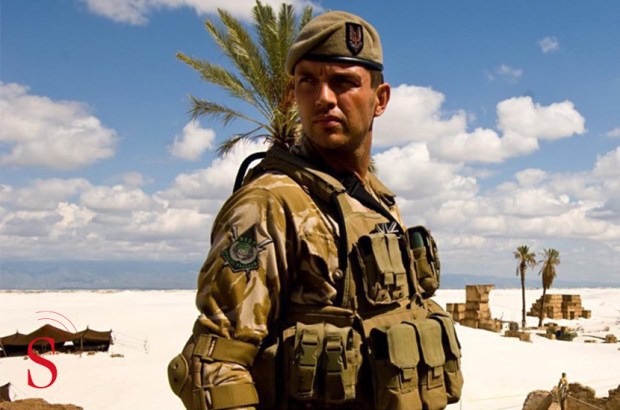
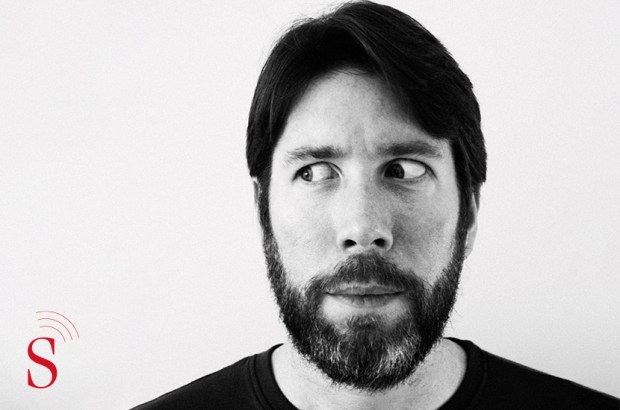
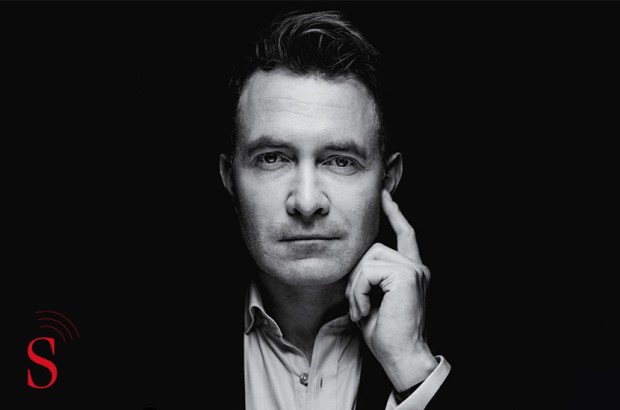
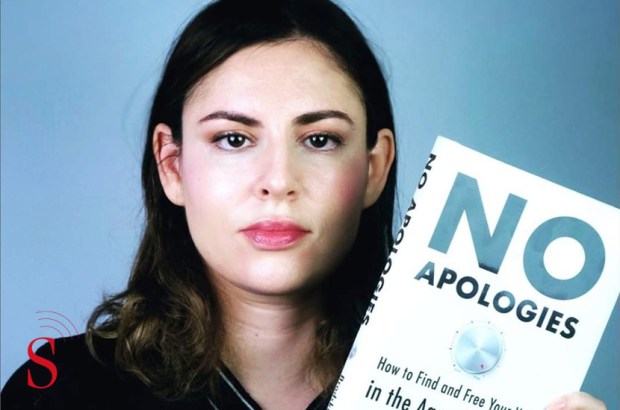
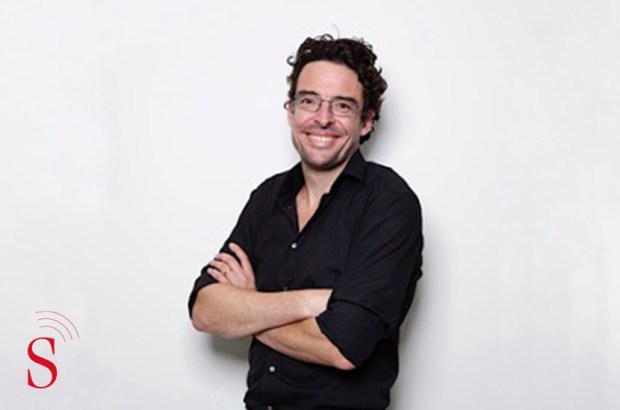
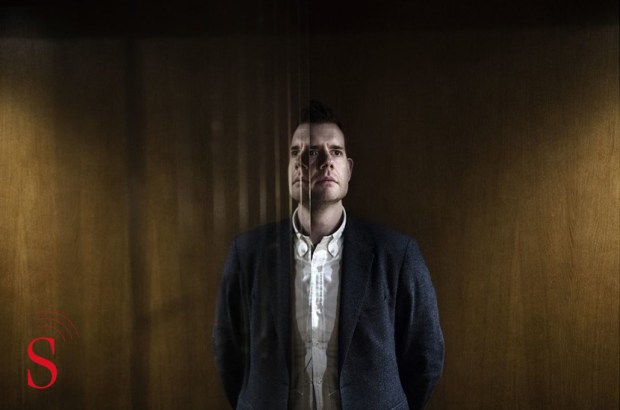






Comments
Don't miss out
Join the conversation with other Spectator Australia readers. Subscribe to leave a comment.
SUBSCRIBEAlready a subscriber? Log in